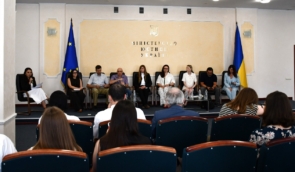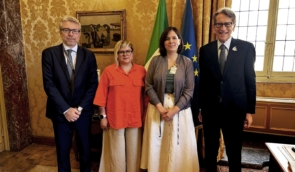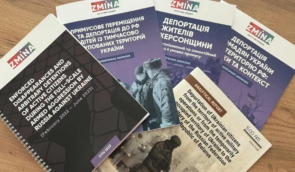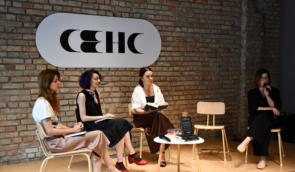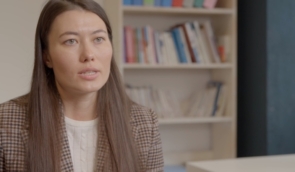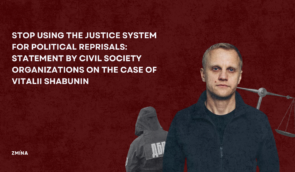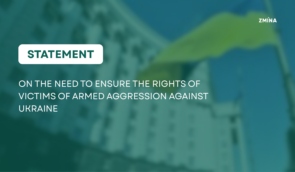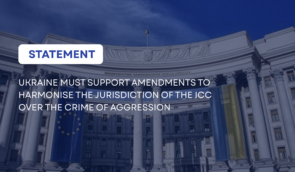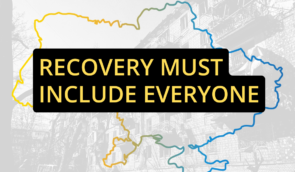The situation is getting worse: almost 90 cases of persecution of activists have taken place in Ukraine since the beginning of the year
There have been 88 cases of persecution of activists and human rights defenders in Ukraine since the beginning of the year. Activists were persecuted the most frequently in Kyiv (37 cases) and in Odesa Region (10 cases).
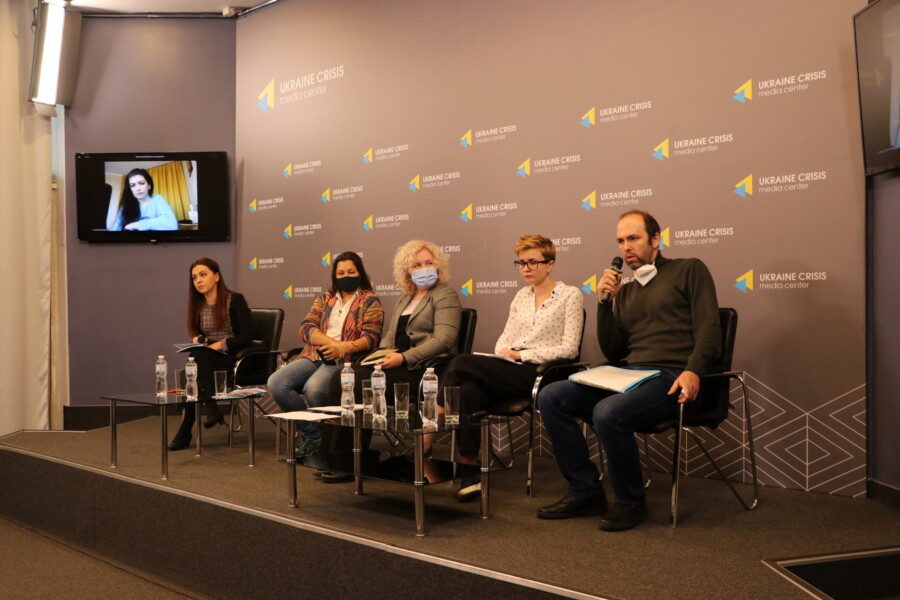
These are the data for the first nine months of 2021 (January–September) provided by the researchers of ZMINA Human Rights Centre. They state that cases of pressure on activists have become more frequent compared to the same period last year, when 77 incidents were recorded.
Other leading regions are Kyiv Region, Kharkiv Region and Luhansk Region, with 7 recorded cases of pressure each.
ZMINA Human Rights Centre researcher Anastasia Moskvychova reported that activists experience pressure the most frequently through the destruction or damage of their property (22 incidents), threats (20), and physical attacks (16).
“The activists who defend LGBTIQ rights, oppose corruption or illegal construction are the most likely to face persecution,” she added.
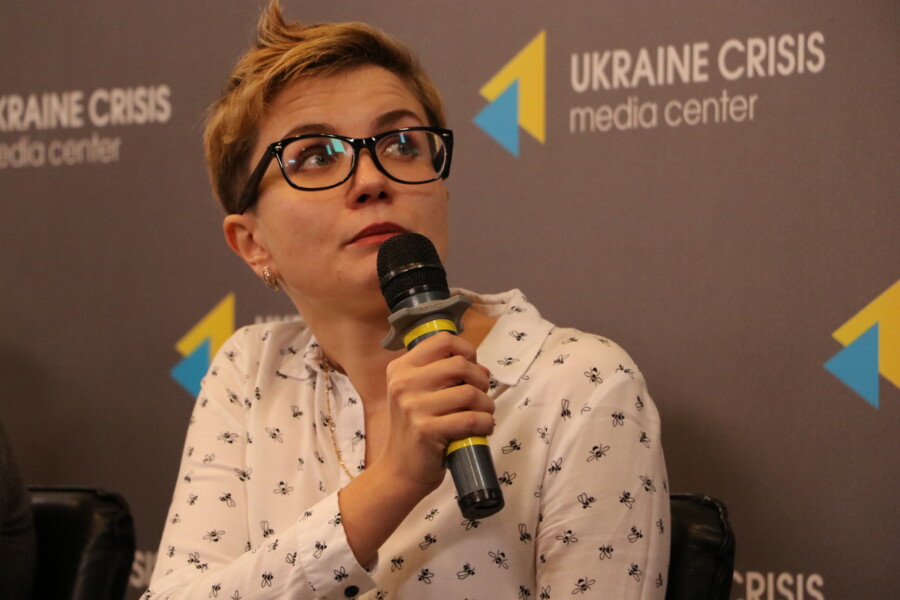 Anastasia Moskvychova
Anastasia MoskvychovaOne of the most brutal cases took place in summer in Dnipro, when the activist Natalia Eshonkulova was attacked in the staircase of her building. The activist was hit in the head, which caused her to lose consciousness. According to her, one of the attackers had a knife. Several of Natalia’s teeth were damaged, her nose was broken, she had a concussion and bruises and hematomas on her face.
Eshonkulova associates the attack with her public activism: she opposes raider takeovers of businesses and properties as a member of an initiative group. “My husband was a victim of a raider takeover, and I realized that it’s impossible to fight individually, because the courts, police and prosecution are too corrupt. So we united with the other people who were victims of gangs in Dnipro, just like us. The gangsters didn’t like this consolidation, so they decided to make the organizer ‘shut up’ in this way,” says Eshonkulova.
The Dnipropetrovsk Region Police categorized the attack on the activist as an attempted murder and later arrested two men, who were recognized by the victim, as suspects of involvement in the attack. The pre-trial investigation is still ongoing, the details of the investigation are not disclosed to the activist. She is convinced that this is done on purpose to avoid bringing to responsibility those who ordered the attack.
The Kyiv activist Oleksandr Vizersky was also physically attacked. In August this year, Vizersky and other activists were holding an indefinite rally against the demolition of the Barban Homestead. A group of unidentified individuals wearing dark hooded jackets and medical masks attacked the activists during the rally.
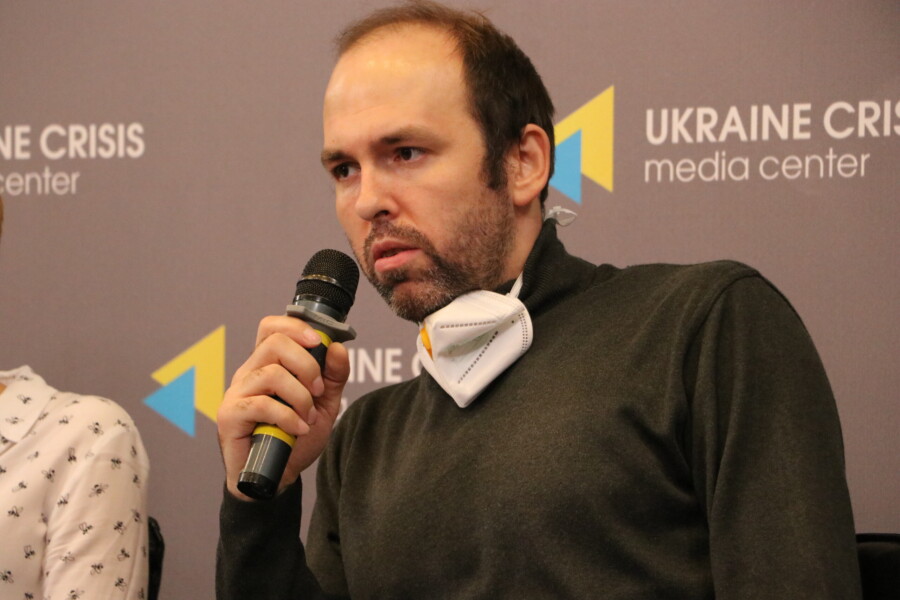 Oleksandr Vizersky
Oleksandr VizerskyAccording to Vizersky, they started knocking down the benches which the protesters were sitting on and trying to push the activists away. The men tore Vizersky’s clothes and hit him in the face, neck and torso several times while he was trying to prevent them from grabbing the phone of another activist, who was trying to call the police to the site.
The protesters filed police reports, but criminal proceedings were never launched.
Researchers from ZMINA Human Rights Centre also noted that cases of persecution of LGBT activists by members of far-right organizations have become more frequent in the past few months. In particular, in Odesa in August, right-wing radicals attempted to prevent the Equality March and threatened to disrupt it with violence. The Odesa Pride organizers reported this to the police, but the latter did not open an investigation.
Later, photos of LGBT activists with the caption “Know your enemy’s face” were posted around Odesa, including photos of Anna Leonova, the head of the Odesa Pride organizational committee. In addition, the far-right attacked the Odesa Pride volunteer Oleksandr Tatianko because he was wearing a rainbow bandana. They tried to take the bandana away and cut it with a knife, and they threatened to break the man’s finger. The victim reported this to the police, but his report was not registered either.
According to Leonova, Odesa Pride filed a complaint with an investigative judge about the police’s inaction with regard to the threats and the attack on their volunteer, but there has been no progress even after the decision to register this claim. In addition, she notes that Odesa LGBT activists have been under pressure and faced constant aggression from anti-LGBT forces for many years now due to the impunity and police inaction.
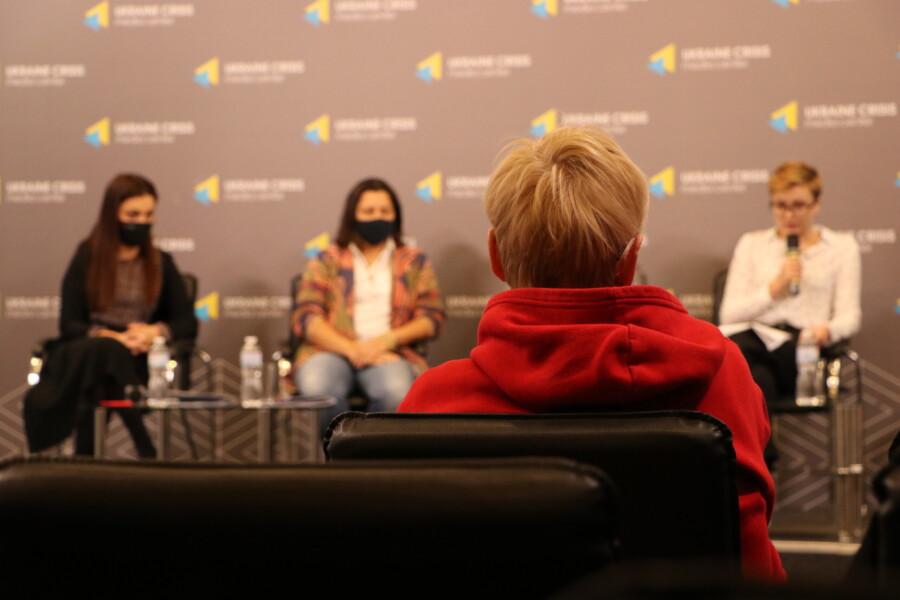
The report is available in Ukrainian, in English. Video of the presentation can be viewed here.
The project “Increasing the Role and Protection of Human Rights Defenders in Ukraine” is implemented by the ZMINA Human Rights Centre in partnership with the Netherlands Helsinki Committee with the financial support of the European Union. The project focuses on legal and operational protection and support for human rights defenders and anti-corruption activists in Ukraine, enhancement the positive role of human rights defenders in society and formation of links between them, increase in the number of effective investigations into attacks on human rights defenders and activists, and more. The project lasts from 2019 to 2022.
If you have found a spelling error, please, notify us by selecting that text and pressing Ctrl+Enter.

